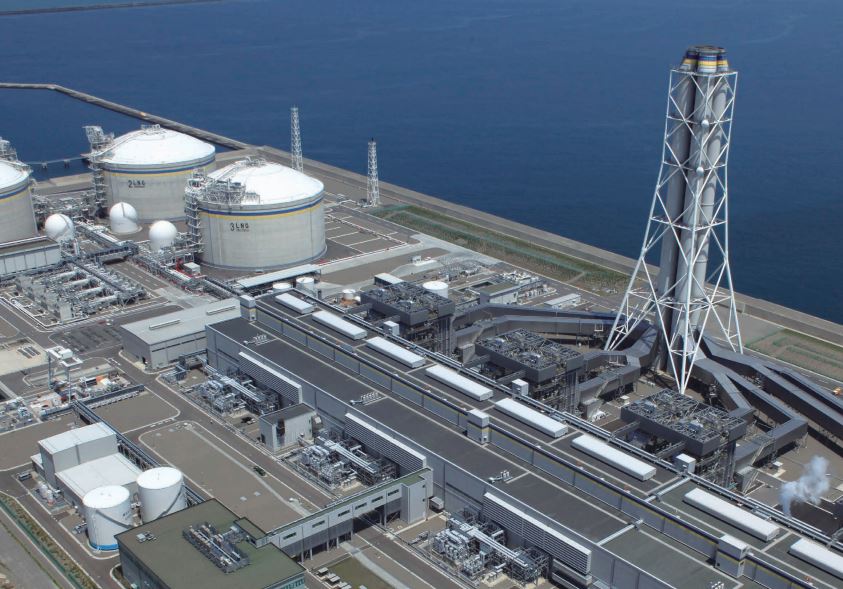Japan’s monthly liquefied natural gas (LNG) imports increased in September compared to the same month last year, according to the provisional data released by the country’s Ministry of Finance.
The country’s LNG imports rose by 3.8 percent year-on-year in September to about 5.52 million tonnes, the data shows.
LNG imports rose dropped compared to 5.67 million tonnes in the previous month, which marked a decrease compared to the previous year.
Japan’s coal imports for power generation decreased in September compared to the last year.
Coal imports were down by 11 percent to 8.41 million tonnes, and Japan paid about $1.46 billion for these imports, a drop of 56.2 percent compared to the last year, the data shows.
LNG import bill down
According to the preliminary data, the September LNG import bill of about $3.23 billion decreased by 44.8 percent compared to the same month last year.
State-run Japan Oil, Gas and Metals National Corp (JOGMEC) said the average price of spot LNG cargoes for delivery to Japan contracted in September 2023 and scheduled to be delivered from the month onward was $12.2/MMBtu, JOGMEC said.
This compares to $11.6/MMBtu in August, when JOGMEC published the first contract-based monthly spot LNG price since December 2022.
Also, the average price of spot LNG cargoes that were delivered in Japan within the month of September regardless of the month when the contract was made (arrival-based price) was $11.9/MMBtu.
JOGMEC also said in a report this week that the “Northeast Asian assessed spot LNG price JKM for the previous week (October 9 – 13) rose from the high $12s the previous week to high $16s on October 13 due to supply concerns over the dispute between Israel and Hamas, and the shutdown of the Balticconnector gas pipeline, although demand is weak.”
METI announced on October 11 that Japan’s LNG inventories for power generation totaled 1.89 million tonnes as of October 8, up 0.27 million tonnes from the previous week.
LNG deliveries
As per LNG shipments going to Japan in September, deliveries from Asia decreased by 27.1 percent to 1.09 million tonnes, the ministry’s data shows.
Middle East LNG shipments dropped by 72.8 percent to 437,000 tonnes in September.
Moreover, shipments from Russia dropped by 33.7 percent to 386,000 tonnes, while US deliveries surged by 272.3 percent to 707,000 tonnes in September.
The data does not include spot volumes.
Japan was the world’s top LNG importer in 2022, overtaking China, but both of the countries took fewer volumes compared to the year before.
However, China has overtaken Japan to become the world’s top importer of LNG in the first half of this year.
China took 33.44 million tonnes of LNG during January-June, up by 7.2 percent compared to the same period last year, while Japan’s LNG imports dropped by 13.3 percent year-on-year in January-June to 32.62 million tonnes.
During the January-September period, Japan imported some 48.9 million tonnes, down by about 2.2 million tonnes compared to China’s 51.1 million tonnes.

